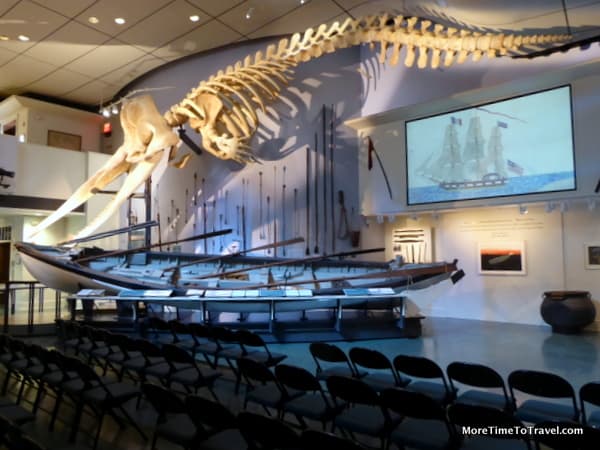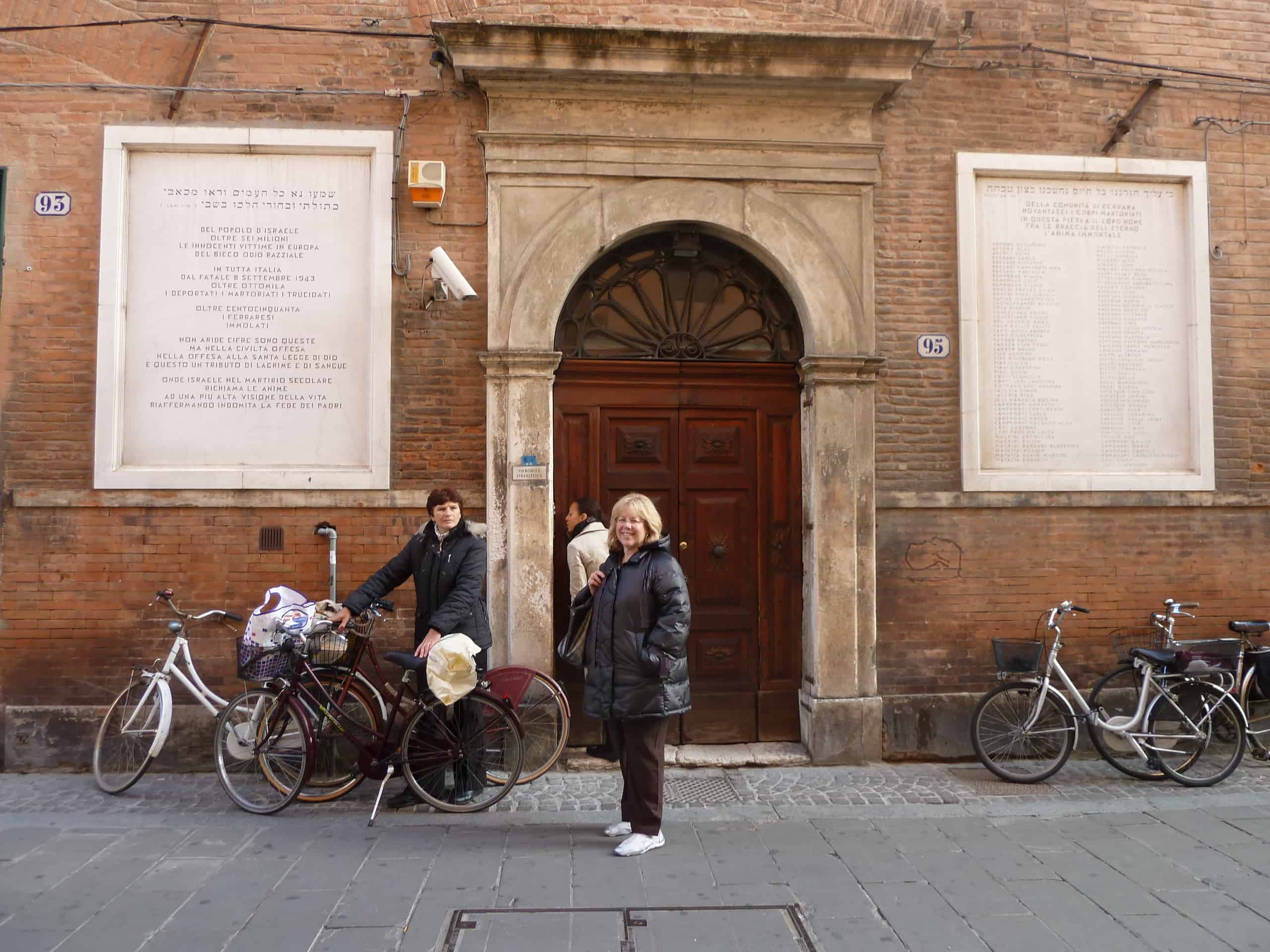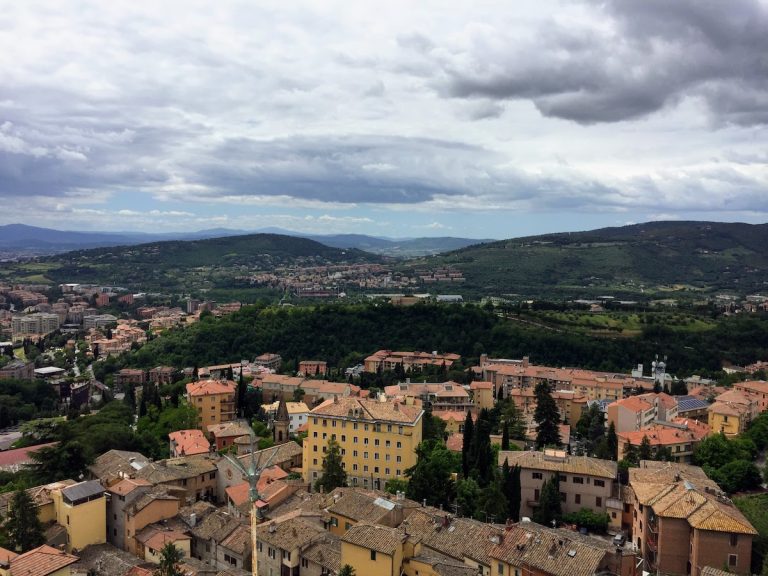The African bush dinner: One more reason to take a safari

A bush dinner is a quintessential element of an African safari.
MAASAI MARA NATIONAL RESERVE, Kenya — After an exhausting but exhilarating late afternoon drive into the African bush, we continue our bumpy journey over rocks and fallen branches. Jackson, our driver and guide, expertly maneuvers the four-wheel-drive Land Cruiser across a creek at precipitously acute angles — first down, then up — provoking his passengers to gulp. Two other vehicles, part of our convoy from the Mahali Mzuri safari camp, follow us.

A Maasai tribesman born in southwestern Kenya, Jackson seems to know every inch of the Maasai Mara reserve. Just a few hours earlier, he took us to a spot near huge rocks where lions were grooming themselves and playing with their babies. Elephants, giraffes, hyenas, topi and a host of smaller animals and birds greeted us along the way.

But our jaws drop when we arrive at a clearing a few hundred yards beyond the riverbank. A contemporary sofa is plopped down in the middle of the savanna with soil and flattened brush as its carpet. A blazing orange fire, flickering candles and lanterns light the area under a darkening sky. Though we knew a bush dinner was planned, the scene comes as a surprise.
“Beyond spotting wildlife, the experience of a bush dinner under starry skies is a quintessential element of an African safari,” says Dennis Pinto, a managing director for Micato Safaris. Like most luxury tour operators, his company includes at least one on every safari as well as a sundowner (an outdoor cocktail hour timed to coincide dramatically with sunset).
“Although not your typical barbecue, bush dinners bear some resemblance to comparable meals in other cultures, such as the American barbecue, Mexican barbacoa or Peruvian pachamanca,” says Hinnerk von Bargen, an associate professor at The Culinary Institute of America in Hyde Park, N.Y.
The meals originally focused on sustenance, he says, including a freshly killed animal (grilled or roasted over an open fire) and simple gruels or stews, made by mixing dry grains or legumes with locally available water. The meals typically came when it wasn’t feasible for hunters to take their kill home.

“While certainly not invented for tourists, the concept has been substantially modified to suit the industry,” says von Bargen, a chef who has worked in South Africa. Bush dinners still showcase the charred flavors of open-flame cooking, but more elaborate settings and menus have transformed it into a unique epicurean experience, which incorporates local culture and traditions.
On stepping out of our vehicle, we are offered flutes of French champagne by Mahali Mzuri staffers, who have set up a full bar with liquors, wines and beers. (Mahali Mzuri is owned by Sir Richard Branson.)
We munch on canapes, and my husband asks the waiter for a dawa, a popular Kenyan cocktail made with vodka, honey, lime juice and crushed ice. (Loosely translated, dawa means “magic potion” or “medicine” in Swahili.) I opt for a Tusker, a beer ubiquitous across East Africa.
Bypassing the comfy sofa, we join the group assembled around the fire for warmth from the chilly evening breezes. Delicious aromas fill the air, coming from the large open grill and shiny chafing dishes arranged on long tables. As we chat, rustling noises behind the brush catch our attention.
Before we have time to worry about an uninvited animal joining the party, we hear the guttural chanting of Maasai warriors. They have come to perform, wearing colorful, cloth shukas with beads. We are transfixed by their high jumps and abrupt neck movements but recognize their smiles as many work in other roles at the camp.
The 10 of us join some staffers around a relaxed communal table set with sparkling china, silverware and candles on a tablecloth made from the same red fabric as the Maasai shukas. The multicourse feast includes an extensive salad buffet peppered with some local dishes, such as biltong (a cured beef); freshly baked breads; and a hot buffet that includes goat stew (a mainstay of Kenyan cuisine) and ugali (cornmeal cooked to a porridge consistency).
On the grill are steak medallions; skewers of ostrich, chicken, lamb; halloumi (brined cheese); marinated chicken thighs; corn on the cob; tilapia with braised red peppers; and boerewors (a South African sausage).
“We highlight some foods that Maasai living in the area are likely to be enjoying in their respective bomas (villages),” explains Liam Breedveld, the Australian chef who is operations director at Mahali Mzuri.

He previously set up the kitchens for Branson’s Virgin Limited Edition properties at Necker Island (British Virgin Islands) and Ulusaba (South Africa).
After an abundance of great food paired with wonderful wines, we are happy that dessert is brought to the table plated: sticky date pudding with butterscotch sauce, fruit salad, creme anglaise and a Kenyan cheese board with crackers.
The camaraderie of the laughter-filled evening has brought us closer to our fellow travelers and hosts. Before leaving, I ask chef Breedveld if he ever tires of all the planning and work entailed in preparing a bush dinner.
I couldn’t argue with his response: “Getting a chance to dine under the African sky, with hyenas, lions and wildebeest creating a dramatic background symphony, next to an open fire, is like nothing else on this planet.”

IF YOU GO
Micato Safaris custom tours can include accommodations at Mahali Mzuri safari camp, or you can book stays directly through the property.
All-inclusive rates at Mahali Mzuri start at $590 per person double occupancy. That includes daily game drives, all meals and drinks (including alcoholic beverages), unlimited access to the exclusive Olare Orok and Motorogi conservancies, transfers from the Mara North airstrip, guided bush walks, visits to the local markets, complimentary wireless Internet throughout the camp, laundry service, all taxes and local levies.
Micato Safaris, 212-545-7111 or 800-MICATO-1 (toll-free)
Mahali Mzuri, 212-994-3070 or 877-577-8777 (toll-free)
[This article was previously published in the Chicago Tribune Sunday Travel Section on August 23, 2013 and in the Baltimore Sun on August 25.]
Also on More Time To Travel:






Wow, that sounds plush and elegant what a way to do safaris, one of these days I would love to try this and take home some amazing photos…thanks for sharing
What a wonderful experience – safari by day and dining under the African skies by night – wow!
Those bush dinners are so wonderful, aren’t they? We didn’t have ostrich at our safari bush dinners in South Africa and Zambia – but we had impala. Your post brought back some special memories…
Yummy! 🙂
Wow, that Australian chef Breedveld is a celebrity in of his own circle working for Branson! I loved how you described it as dining under the African stars…I literally drifted off with that thought. What did the ostrich taste like (please don’t say chicken ha ha)?
I opted for the chicken and lamb. Didn’t have enough time to taste the ostrich:-)
Best, Irene
‘Mahali mzuri’ loosely translated means ‘good place’.From your description the place must be good.
This sounds awesome! I’m doing research on where to have bush dinners in Kenya. Do you have to be guests of specific camps to dine at a bush dinner? My fiance & I plan to be overlanding that’s why.
Jambo!
I really don’t know the answer to your question. If I were you, I would contact one of the larger safari lodges before your trip to make inquiry. You could also check with the Kenya Tourism Board. Sounds like you and your fiancee will have quite an adventure!
Best, Irene